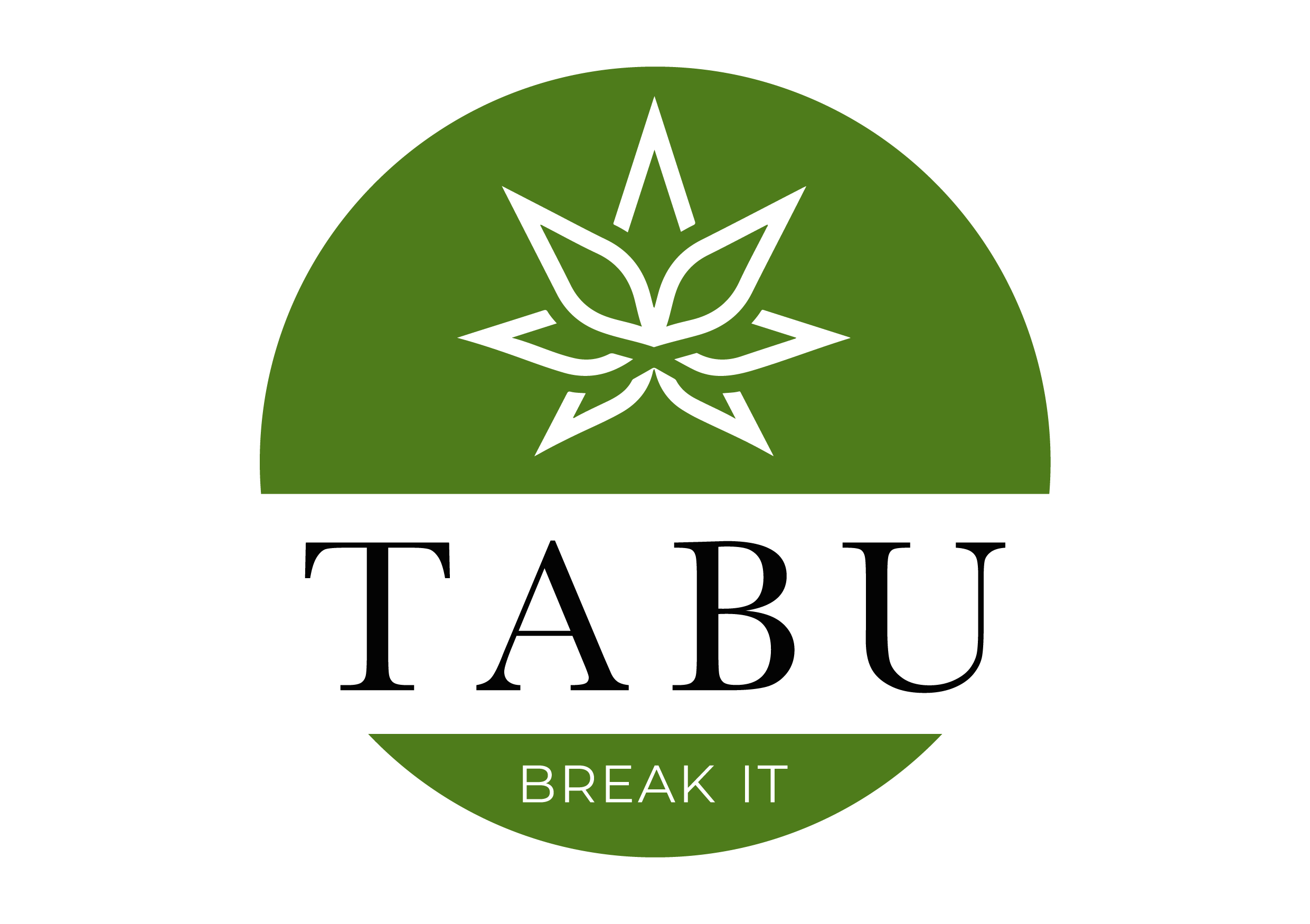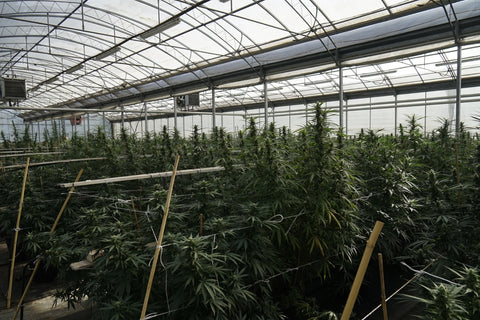There are numerous misconceptions and a lot of ambiguous and questionable information about CBD, which makes this pure and natural matter a topic that is little discussed and restricted in the most varied levels. Having said that, it becomes easy to be ignorant about this topic and judge it wrongly and, that is why, we are going to help you to answer your doubts throughout this post, using studies. But after all…
…What is CBD?
CBD, or Cannabidiol, is one of more than 100 chemical compounds (Cannabinoids) found in Cannabis, being the second most predominant compound, only surpassed by THC or Tetrahydrocannabinol, the psychotropic substance of the plant. Both similar at a microscopic level – as they share the same molecular formula (C213H30O2) – are two substances that interact with CB1 and CB2 receptors, found in the endocannabinoid system present in all mammalian species including humans. Cannabinoids interact with this system which is responsible for various aspects of our immune system, pain receptors and mood.
What is the difference between CBD and THC?
Unlike THC, which is known for its psychoactive effects, the effects of CBD are far removed from this field. Studies have shown that THC has an increasing effect on the human brain with regard to the release of dopamine - a neurotransmitter associated with the feeling of reward experienced, for example, in drug consumption. In turn, CBD has the opposite behavior, causing dopamine activity to decrease, which is the main reason why a good portion of researchers believe in the potential of CBD to understand and treat addictions.
What are the studies on CBD?
We are still at a very early stage of knowledge of this compound, as the current medical literature around the topic of CBD is still considerably scarce – but it is growing. To facilitate the answer to this question, we will explain the types of existing medicinal studies, through the Hierarchical Pyramid of Scientific Evidence/Medicinal Studies.
This spectrum measures the evidence power of different types of scientific studies, where 1 = highest reliability and 9 = lowest reliability. The existing and available studies on CBD only fall between the 4 and 9 scale, with the Case Series Studies being the highest level of studies carried out to date. This type of study is of the observational type, in which there are two samples - one with individuals with a disease, the other without - that are analyzed and compared. Soon, with the growth of the CBD market, the scientific studies will certainly reach the levels above 5.
What are the beneficial properties of CBD?
We are still at a very early stage of knowledge of this compound, as the current medical literature around the topic of CBD is still considerably scarce – but growing – due to the substance having only recently been legalized.
Studies have reported that CBD can be extremely useful in numerous psychological, psychiatric and nervous disorders, such as in the treatment of anxiety, insomnia and chronic pain. There is also strong evidence that CBD can prevent cardiac seizures and some severe forms of epilepsy. In addition, it can help normalize brain activity linked to psychosis.
Is CBD safe?
As stated above, there are small-scale studies and no relevant adverse outcomes. It is only described that CBD regularly has a favorable safety profile and that it has better side effects when compared to other drugs used for the same treatment. Below we leave you links to studies on the safety of CBD on which we base our opinion, as well as the rest of the scientific support.
Links to scientific studies:
CBD and drugs for cardiac seizures
Is CBD safe?
- https://pubmed.ncbi.nlm.nih.gov/31053391/
- https://pubmed.ncbi.nlm.nih.gov/28861514/
- https://pubmed.ncbi.nlm.nih.gov/22129319/
NOTICE
This post provides informal, subjective information on medicinal topics. The findings herein are accurate and true to the author's best efforts. However, there may be omissions and errors. Tabu CBD does not provide information for medical recommendations, diagnoses or treatments, only for informational and entertainment purposes. Readers should not use information in this post to support decisions regarding their health and should consult a medical professional before taking any decision or action.






Comments (0)
There are no comments for this article. Be the first one to leave a message!